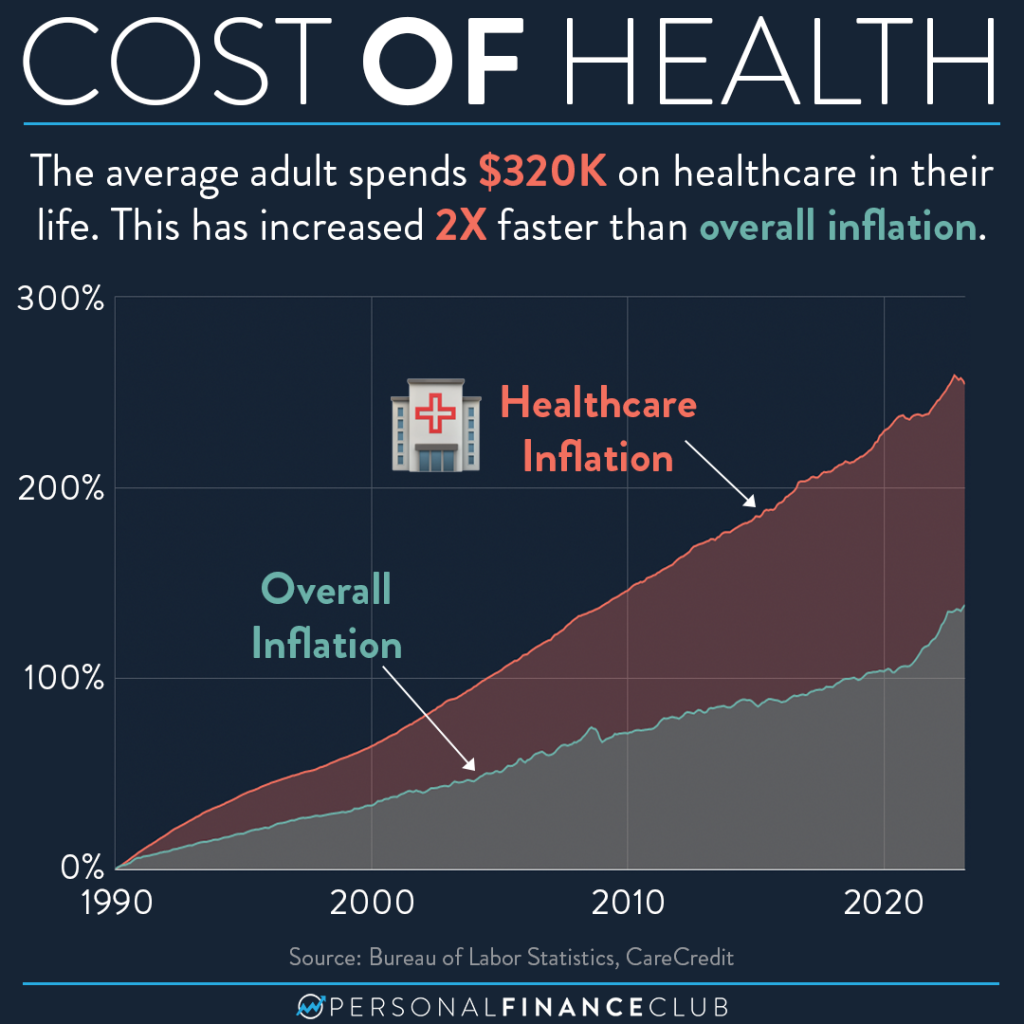Comprehensive Healthcare RCM for Improving Client Billing and Settlements
Unveiling the Perks of Healthcare RCM in Improving Efficiency and Precision in Revenue Cycle Administration
In the swiftly evolving medical care landscape, the relevance of Income Cycle Monitoring (RCM) can not be overstated. As healthcare companies make every effort for precision and efficiency, RCM emerges as an essential tool in simplifying operations, lessening errors, and improving economic outcomes.
Enhancing Management Jobs

Furthermore, the assimilation of electronic health documents (EHR) with RCM systems promotes real-time information gain access to and sharing, making it possible for health care specialists to make informed decisions immediately. This interconnectedness not only improves interaction between scientific and administrative groups yet also enhances client fulfillment by lowering waiting times and invoicing discrepancies - Healthcare RCM. Moreover, structured management processes allow for far better compliance with regulatory standards, mitigating threats related to audits and fines
Inevitably, the concentrate on refining management tasks in RCM brings about set you back savings and improved financial efficiency. By buying automation and maximizing process, medical care organizations can attain an extra sustainable profits cycle, ensuring lasting feasibility and the ability to adjust to progressing market demands.
Enhancing Claims Handling
Exactly how can medical care companies enhance the effectiveness of their cases handling? By using automation and advanced analytics, RCM systems streamline the facility and typically troublesome claims processing jobs.
Moreover, real-time analytics play a critical function in enhancing cases processing performance. These analytics tools supply insights into traffic jams and potential denials, permitting doctor to resolve concerns proactively. Anticipating analytics can forecast patterns in insurance claim denials, making it possible for preemptive measures to mitigate them, therefore lowering the moment taken for insurance claims to be processed and authorized.
Furthermore, the adoption of digital wellness records (EHR) integrated with RCM systems guarantees smooth information circulation, reducing redundancies and raising the precision of information submitted in cases. A consistent feedback loophole promoted by RCM systems better fine-tunes the procedure, fostering constant enhancement.
Ultimately, by leveraging technology-driven solutions in insurance claims processing, healthcare companies can improve functional performance, enhance cash circulation, and supply a smoother experience for patients and team alike.
Minimizing Economic Mistakes
Accurate monetary administration is vital in medical care, where lowering economic errors can considerably impact operational success. Monetary errors, whether because of inaccurate payment, coding mistakes, or mismanagement of client accounts, can result in substantial revenue loss and strained relationships with individuals and payers. Resolving these mistakes is imperative to maintain a health care organization's monetary health and enhance its track record.
Health Care Profits Cycle Management (RCM) plays a crucial duty in decreasing such errors through structured processes. By applying standardized procedures for payment, coding, and collections, health care suppliers can make sure that monetary purchases are handled with precision. Comprehensive training for team on present coding guidelines and billing methods likewise decreases the probability of errors, guaranteeing insurance claims are correctly processed and reimbursed.

In addition, detailed audits and routine monetary testimonials within the RCM structure permit the very early detection and correction of inconsistencies. Ensuring precision in person information entrance and confirmation additionally minimizes mistakes, as this is often a primary resource of errors. By concentrating on these strategic areas, healthcare organizations can decrease economic mistakes, thereby protecting their earnings streams and boosting total operational performance.
Leveraging Advanced Technologies
In today's more rapidly developing medical care landscape, leveraging innovative technologies is vital for enhancing Income Cycle Administration (RCM) processes. By integrating sophisticated options such as man-made knowledge (AI), artificial intelligence (ML), and robot procedure automation (RPA), doctor can significantly enhance the efficiency and accuracy of their RCM procedures. These technologies help in simplifying repeated jobs, lowering hands-on mistakes, and allowing faster handling of claims.

Moreover, the combination of blockchain innovation enhances data security and transparency within RCM (Healthcare RCM). It guarantees that sensitive details is safeguarded while preserving an unalterable record of transactions. This is critical for building depend on with clients and stakeholders
Boosting Financial Efficiency
Building on the efficiencies gotten via innovative modern technologies, medical care service providers can substantially boost their monetary efficiency by improving their Earnings Cycle Administration (RCM) approaches. By enhancing billing processes, lessening case denials, and improving cash flow, health care institutions can accomplish far better economic stability.
In addition, data analytics within RCM systems use useful insights into functional bottlenecks and financial fads. By leveraging these insights, health care service providers can make educated choices to boost financial outcomes, such as readjusting payment methods or renegotiating payer agreements. Boosted precision in coding and paperwork better lowers case rejections and audits, promoting a smooth profits cycle.
Additionally, person interaction tools incorporated within RCM platforms boost client satisfaction by supplying transparent invoicing details and flexible payment options. This transparency not just enhances patient-provider connections however likewise encourages prompt payments, minimizing exceptional accounts receivables.
Verdict
Health Care Income Cycle Management substantially maximizes performance and precision by enhancing management tasks and enhancing cases handling. Through the decrease of financial errors and the assimilation of innovative modern technologies such as AI and anticipating analytics, RCM helps with conformity with payment codes and provides useful insights into financial trends. This organized method not only minimizes potential claim rejections however additionally increases monetary performance, consequently cultivating count on and transparency with people and stakeholders within the medical care system.
As healthcare carriers aim for accuracy and effectiveness, RCM emerges as an essential tool in streamlining procedures, reducing errors, and boosting monetary outcomes.Enhancing administrative i thought about this jobs in health care earnings cycle management (RCM) provides significant advantages by improving functional effectiveness and decreasing the problem on team.Medical Care Earnings Cycle Monitoring visit their website (RCM) plays an essential function in decreasing such mistakes with structured procedures.In today's rapidly progressing health care landscape, leveraging sophisticated modern technologies is essential for optimizing Profits Cycle Management (RCM) processes.Structure on the effectiveness acquired via sophisticated modern technologies, medical care companies can significantly boost their economic efficiency by refining their Revenue Cycle Management (RCM) strategies.